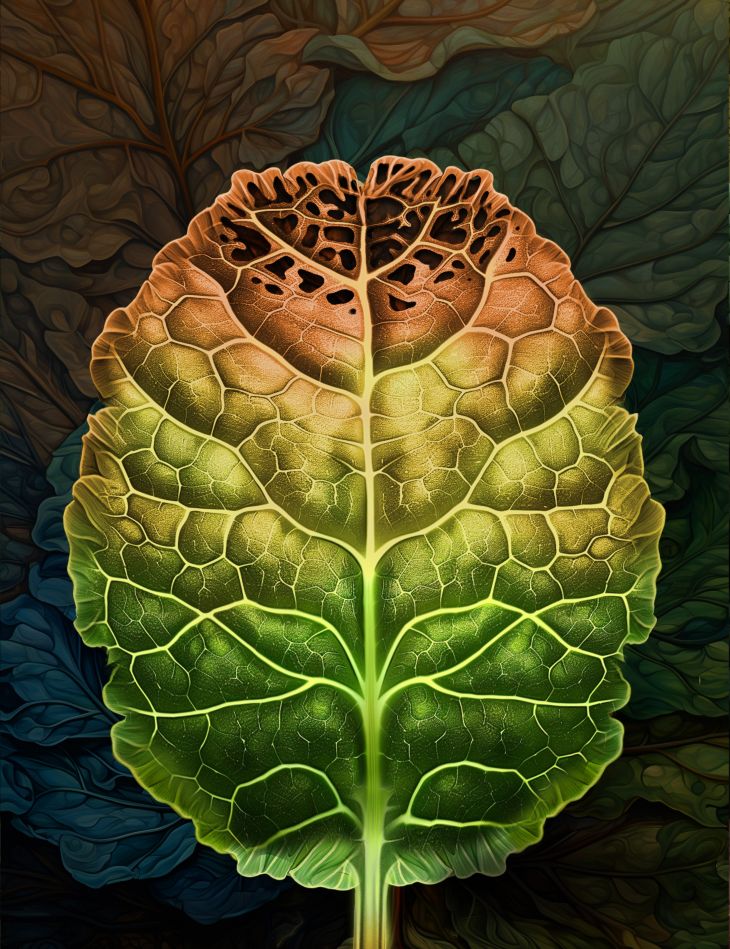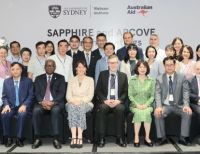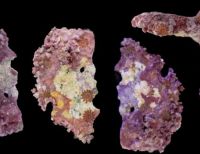
Associate Professor Markus Hofer.
A study co-led by Associate Professor Markus Hofer (The University of Sydney) and Professor David Hunt (UK Dementia Research Institute at Edinburgh) reveals fresh insight into the mechanisms underlying a rare disease that can cause childhood dementia.
The research, featured on the front cover of the journal Immunity, could lead to urgently needed new therapeutic targets for the condition.
The disease, Aicardi-Goutières syndrome (AGS), is an autoinflammatory condition, and one of about 100 rare neurodegenerative genetic disorders identified as a potential cause of childhood dementia. It affects the white matter in the brain and is caused by a mutation in one or more of a small group of genes.
The disease is characterised by abnormal production of a protein called interferon-alpha, which is usually produced by the body in response to viral infections.
However, where the interferon-alpha originates from and which parts of the brain it affects are not yet known. In this study, the researchers aimed to uncover how the brain responds to increased interferon-alpha in AGS, and how this leads to brain disease.
Associate Professor Hofer from the Charles Perkins Centre and School of Life and Environmental Sciences said: “Research into AGS treatment is at a pivotal moment, and I am hopeful that this new discovery will pave the way for more effective therapies.
“This research is promising as its focus on blood vessels. Blood vessels, unlike brain tissue, are more readily accessible to drugs. This provides a pathway to treatment.”
















